English Enrichment vs. Creative Writing Class for Kids – Which Is More Suitable For Your Child?
English Enrichment vs. Creative Writing Class for Kids – Which Is More Suitable For Your Child?
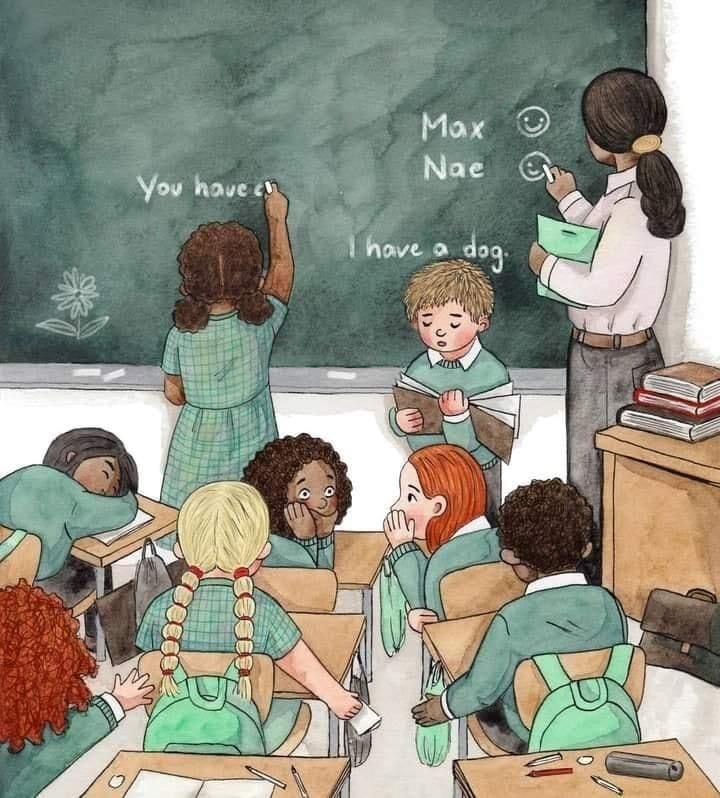
Choosing between an English enrichment class and a creative writing class depends on your child's language development needs and interests. an English enrichment program focuses on building a solid foundation in grammar, vocabulary, reading comprehension, and writing skills, which can help improve academic performance and language fluency. It’s ideal for children who need structured learning and academic support. On the other hand, creative writing classes encourage imagination and self-expression, allowing children to explore storytelling, develop characters, and write in various genres. These classes are perfect for children who enjoy creative thinking and want to develop their writing voice. Ultimately, the best choice depends on whether your child needs a well-rounded academic approach or a more imaginative and creative outlet.
The Distinct Power of Creative Writing Classes and English Enrichment
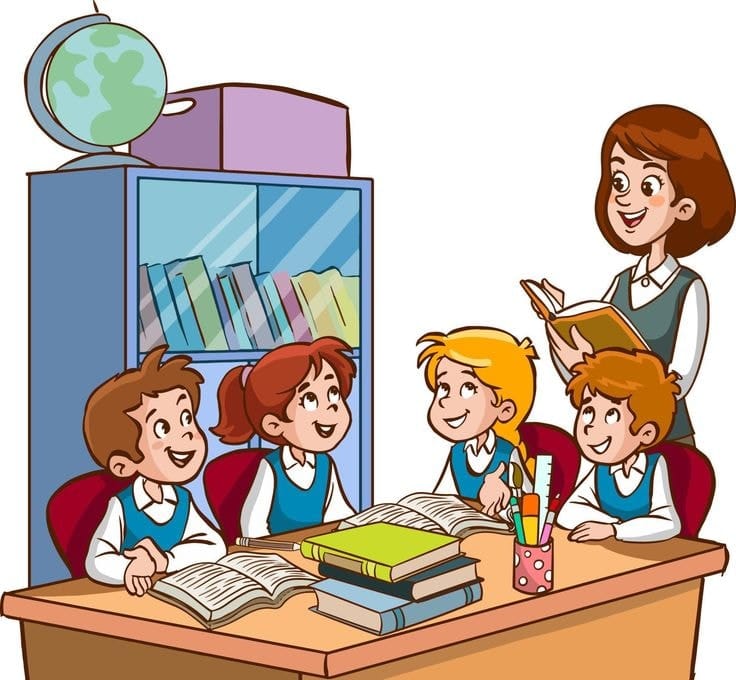
Both creative writing classes and English enrichment classes play crucial roles in the course of a child’s language development, of course, but they of course serve different purposes and focus their resources on distinct aspects of language learning.
Creative writing classes are designed to tap into a child’s imagination, encouraging them to explore their creativity and express themselves through storytelling. These classes focus on narrative techniques, character development, and exploring various genres, such as fantasy, mystery, and poetry. By emphasizing personal expression and original ideas, creative writing helps children develop their unique writing voice and enhances their ability to communicate complex emotions and thoughts. Through the process of writing stories, poems, or scripts, children learn to engage with language in a playful and artistic way, which builds their confidence and fosters a lifelong love for writing. Moreover, creative writing helps children develop essential skills in problem-solving and critical thinking, as they learn to structure stories and explore different perspectives.
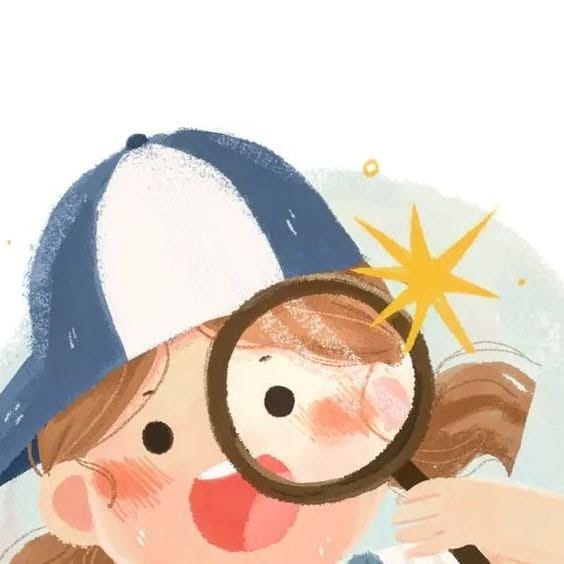
On the other hand, the English language enrichment classes aim to bolster a child’s foundational language skills, focusing on areas such as grammar, syntax, vocabulary, reading comprehension, and academic writing. These classes provide a structured approach to mastering the mechanics of the English language, ensuring that students understand how language works at its core. By improving their understanding of grammar rules, sentence structure, and vocabulary, children are better equipped to excel in both academic writing and reading comprehension. the English language enrichment classes also prepare students for standardized tests and school assignments, offering a comprehensive approach that supports both language learning and academic performance. Furthermore, these classes provide opportunities for children to practice formal writing styles, such as essays, reports, and persuasive writing, which are crucial for their academic growth.
In essence, while both creative writing and English enrichment classes contribute to a child’s language skills, they do so in very different ways. Creative writing nurtures creativity, passion, imagination, and personal expression in young writers, while an English language enrichment focuses on developing the technical skills necessary for effective communication and academic success. The best choice for a child depends on their individual needs—whether they are a writer looking to express themselves creatively or strengthen their academic language abilities. Ideally, a balance of both types of learning can offer children a well-rounded foundation that supports both their creative aspirations and academic growth.
What Is English Enrichment? A Deep Dive into the Subtleties of Language Learning
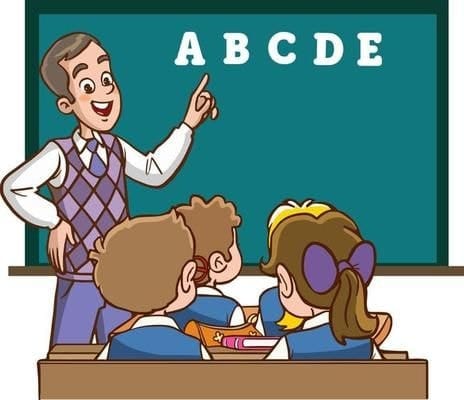
English enrichment is a specialized learning program designed to strengthen the core components of language acquisition. This type of class goes beyond just improving speaking or writing; it delves into key areas such as reading comprehension, vocabulary expansion, grammar, and structured writing. By focusing on these essential language skills, English enrichment programs provide a well-rounded foundation that prepares students for academic challenges and standardized exams.
One of the primary goals of the English enrichment program is to improve reading comprehension by teaching students how to analyze, interpret, and evaluate texts across various genres. This helps students develop critical thinking skills and an understanding of how language functions within different contexts. In addition, the program has students learn to engage in activities that expand their vocabulary, learning new words and phrases and how to use them effectively, which enhances both their reading and writing skills.
A significant aspect benefit of being taught in the English enrichment program is a strong emphasis on grammar and syntax, allowing students to grasp the rules that govern sentence structure, punctuation, and parts of speech. This knowledge helps children develop clarity in both written and spoken forms of communication. Moreover, students are taught how to craft structured writing, whether it's writing essays, reports, or formal letters, ensuring they can effectively communicate their ideas in an organized and coherent manner.
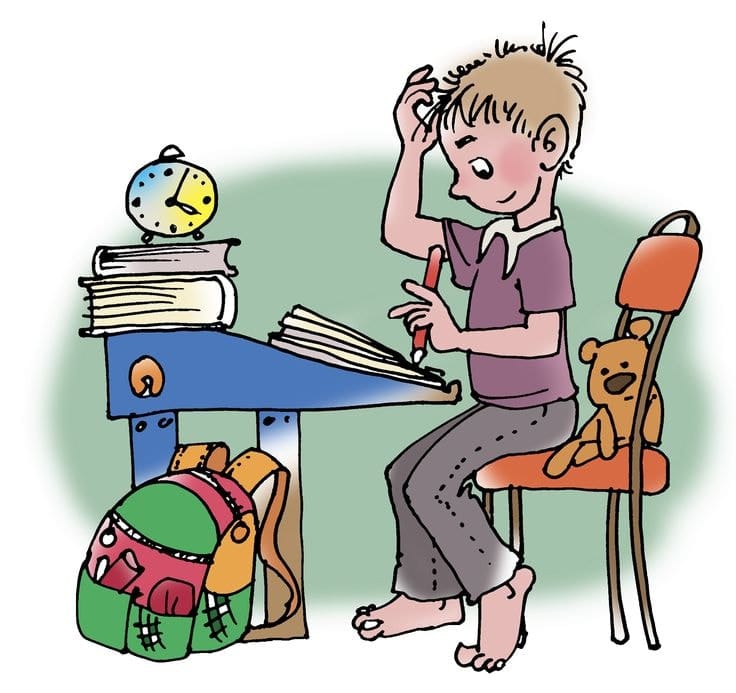
Through consistent practice and a structured curriculum, English enrichment helps students and teachers build language proficiency, giving them the tools and knowledge needed to excel in school assignments, exams, and beyond. Ultimately, teachers and parents say it empowers students to become confident communicators, capable of navigating the academic world with ease and success.
Why Creative Writing Classes Are More Than Just Writing

Creative writing classes offer far more than just the basics of composition. They serve as a powerful tool for nurturing a child's imagination, creativity, and self-expression. While traditional writing focuses on structure and grammar, creative writing encourages children and young writers to step outside the boundaries of formal writing to explore their own voices and storytelling abilities. By engaging with various prompts, writing poetry, creating fiction, and developing personal narratives, students are empowered to express their thoughts, emotions, and ideas in unique and imaginative ways.
These classes provide an opportunity for children to experiment with different genres of stories and writing styles, helping them discover what resonates with them personally. The act of using stories, using words, and phrases, creating characters, building worlds, and crafting plots enhances their ability to think critically and solve problems creatively. As children develop their storytelling abilities, they also build confidence in their writing and gain a deeper understanding of themselves.
In addition to fostering creativity, creative writing classes help children refine their communication skills. Writing allows them to articulate complex ideas, concepts and emotions more clearly, both in written and spoken forms. The process of reflecting on their own experiences through writing not only strengthens their ability to connect with others through writing community but also encourages emotional intelligence and empathy. Ultimately, creative writing is about more than just writing—it’s a gateway to self-expression, confidence, and the development of essential life skills.
English Enrichment Classes as a Foundation for Lifelong Learning

English enrichment classes provide children with essential communication skills that serve as the cornerstone for both academic and professional success. These classes focus on key aspects of language learning, including structured writing, critical analysis, and grammar mastery, all of which help students develop strong language proficiency. By building a solid foundation in these areas, students are equipped to express themselves clearly and effectively in a variety of contexts, whether in school, at work, or in personal communication.
The program of emphasis on structured writing helps children and young writers learn how to organize their thoughts, talk coherently, write persuasive arguments, and present information in a clear, logical format. Critical analysis skills, developed through activities such as reading comprehension exercises and evaluating different texts, are taught to enable students to think deeply about the material they encounter and engage with it thoughtfully. Mastery of grammar ensures that students can use language correctly, giving them the tools to communicate with precision and clarity.
In addition to fostering academic success, English enrichment lays the groundwork for lifelong learning. Strong language skills are crucial not only for excelling in formal education but also for navigating the complex world of professional communication. Whether crafting emails, writing reports, or engaging in presentations, children who have mastered the fundamentals of English will be better prepared for the challenges and opportunities of the future. By investing in English enrichment, parents give their children the tools to succeed both now and in the years to come.
Choosing the Best Path: Creative Writing Classes or English Enrichment for Your Child's Growth
When choosing between creative writing and English enrichment classes, consider the following:
1. Learning Style:
Creative Writing: Best for children who enjoy imagination, self-expression, and storytelling.
English Enrichment: Ideal for kids who need structured learning, focusing on grammar, vocabulary, and reading comprehension.
2. Academic Needs:
Creative Writing: Great for kids who want to enhance creative writing and narrative skills.
English Enrichment: Essential for children who need to improve academic writing, reading comprehension, and test preparation.
3. Personal Interests:
Creative Writing: Perfect for children passionate about writing stories, poetry, or scripts.
English Enrichment: Suited for kids focused on academic language proficiency and writing structure.
4. Long-Term Goals:
Creative Writing: Develops a lifelong passion for writing, creativity, and storytelling.
English Enrichment: Provides strong communication skills needed for academic and professional success.
5. Future Educational Needs:
Creative Writing: Supports careers in writing, journalism, and the arts.
English Enrichment: Prepares for academic performance and effective communication in education and beyond.
By considering these factors, you can select the best path based on your child and school's interests and educational goals.
About Codeyoung

Unlock your child's potential with Codeyoung! Our fun and interactive English classes help kids develop critical thinking, creativity, and problem-solving skills. Equip them with the tools for success in the digital age. Enroll today and watch them build a brighter future!
Creative writing course at Codeyoung has been devised very wisely for the benefit of the students. It can be customised according to every person's need.
Kids can modify their schedule in a week and can choose to study in a group.
Mentors and teachers at Codeyoung advice students and help them read difficult lines which makes improves their english skills and makes them stand apart from non native speakers.
Book a free trial class right away!
English Enrichment vs. Creative Writing Class - FAQs
How do creative writing classes foster imagination and self-expression in kids and teens?
Creative writing classes spark the writer and imagination by encouraging kids and teens to create original stories, characters, and settings. Through exercises like storytelling, poetry, and journaling, students learn to express emotions and ideas creatively. These activities boost their confidence in writing, helping them develop a unique voice and improve their self-expression.
Which provides a stronger foundation for academic success: creative writing classes or an English enrichment class?
English Enrichment Classes: Focus on grammar, reading comprehension, and structured writing, providing a strong academic foundation.
Creative Writing Classes: Develop storytelling, creativity, and critical thinking skills, enhancing self-expression and imaginative writing.
Both contribute to academic success but serve different purposes.
What is the difference between creative writing classes for teens and an English enrichment class for younger kids?
Creative Writing Classes for Teens:
Creative writing classes for teens focus on more advanced aspects of writing, such english skills such as complex storytelling, literary techniques, and narrative development. These classes help students explore different writing genres, develop their unique voice, and enhance their ability to construct compelling plots, characters, and themes. Teens are encouraged to experiment with styles and dive deeper into creative expression.
English Enrichment Classes for Younger Kids:
English enrichment classes for younger children emphasize building a strong foundation in language skills. These classes cover basic grammar, reading comprehension, pronunciation, listening, speaking, and foundational writing. The goal is to strengthen students’ understanding of language mechanics and improve their ability to communicate effectively in both spoken and written forms.
What are the key differences between an English enrichment class and creative writing classes for fostering well-rounded communication skills?
English Enrichment Class:
An English enrichment class focuses on improving foundational language skills such as grammar, reading comprehension, vocabulary, and structured communication. It aims to enhance students' ability to communicate clearly and effectively in both academic and everyday settings by providing a solid understanding of language rules and structures.
Creative Writing Classes:
Creative writing classes foster creativity and self-expression by focusing on storytelling, character development, and literary techniques. These classes encourage students to explore their imagination, express emotions through writing, and develop their unique voice as writers, enhancing their creativity and ability to engage readers.
Can creative writing classes for teens boost academic writing skills, or should they also enroll in an English enrichment class?
Creative writing classes for teens are excellent resources for enhancing creativity, narrative skills, and self-expression. These classes allow students to experiment with different writing styles, characters, stories, and plot structures, boosting their overall writing fluency. However, when it comes to academic writing, where clarity, structure, and proper grammar are key, an English enrichment class becomes crucial. These classes focus on grammar rules, writing organization, and reading comprehension, which are essential for formal academic tasks like essays, reports, and research papers.
While creative writing helps teens develop their unique voice and creative thinking, an English enrichment class each week ensures they have the foundational language skills needed for academic success. Combining both types of classes and writing community can provide a well-rounded approach to writing, making teens proficient in both creative and academic writing.
What is English enrichment, and how does it compare to creative writing in building language proficiency?
English Enrichment program: A program that improves grammar, vocabulary, pronunciation, and comprehension for non native speakers.
Creative Writing Classes: Focus of course is on developing the writer with creativity and storytelling skills.
What is the ideal balance between creative writing and English enrichment for well-rounded language development?
A combination of an English enrichment program and creative writing classes offers children the best of both worlds. English enrichment classes focus on building a strong foundation in grammar, reading comprehension, vocabulary, and pronunciation. These skills are essential for academic success, ensuring children can communicate effectively in both written and spoken forms. By strengthening these core language abilities, students gain the tools needed to excel in formal writing tasks such as essays, reports, and standardized tests.
At the same time, creative writing classes allow children to develop their imagination, creativity, and self-expression. These classes encourage them to explore storytelling, create original characters, and experiment with different writing styles. As they refine their creative voice, students not only become more confident writers but also learn to think critically and problem-solve. Together, these resources provide a well-rounded approach that supports both academic and creative growth, helping children become versatile and effective communicators.
Do creative writing classes help improve grammar, or should that be left to an English enrichment class?
Creative writing classes can help improve grammar indirectly by providing opportunities to practice writing and experimenting with sentence structures, words and phrases. However, for mastering language rules, an English enrichment class is essential, as it offers structured, focused instruction on grammar, punctuation, and syntax. While creative writing nurtures creativity, English enrichment ensures a solid understanding of the technical aspects of language.
Comments
Your comment has been submitted